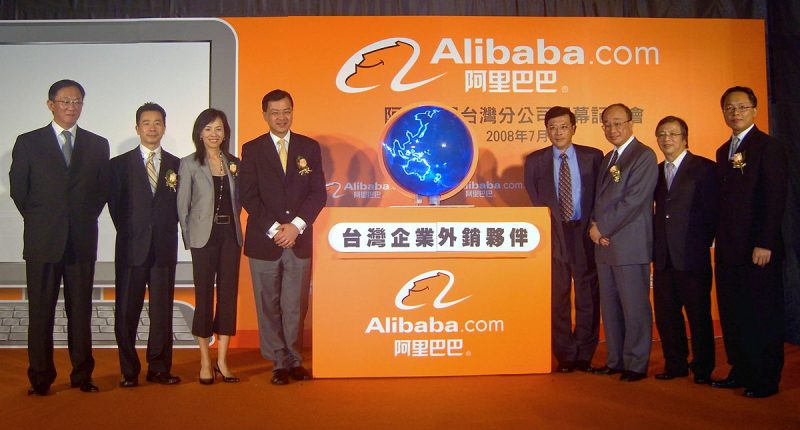USA and China have been at each other’s throats for a while now, with the superpower taking shots at various Chinese companies due to suspected ties with the CCP led government. The country already has a ban on investing in Chinese companies due to this very reason. However, some companies were exempted from this rule, including Alibaba and Tencent, which see most of their shares being held by overseas players. However, according to a report by Reuters, that may change very soon, thanks to the sudden disappearance of Jack Ma and the various attacks levied by the Chinese government on his empire.
Jack Ma, China’s wealthiest man, has usually had a good relationship with the Chinese government, which has even helped his business grow in the country. However, a few months ago, he criticized the regime in public, saying that changes need to be made. This, as one would expect, did not go down well with the government, which has made sure that the billionaire pays for his remarks.
The government intervened in Ant Group’s $35 billion IPO, and also launched an investigation into his company for anti-competitive practices. Moreover, Jack Ma has been mysteriously missing from the last two months.
This has sparked fear into American authorities, who are afraid that these Chinese companies may not be as independent as they claim to be. Thus, according to sources, US may soon add Alibaba and Tencent to the ban placed on investing in Chinese companies. USA has always worried that China’s private sector is indirectly in cahoots with the government. However, Alibaba, along with Huawei, have maintained the position that this is not the case, and that it does not have a direct relationship with the CCP.
With this new story, it’s becoming clear that Chinese authorities have the power to destroy businesses-a power that they might be using to control them as well.
Reuters reported: “You need to be very mindful of who ultimately controls regulations, who controls licensing — of who’s in charge,” said Mark Natkin, managing director of Beijing-based Marbridge Consulting. “And if you forget and you start to be overly critical or take too much of a role that normally belongs to the party, then you’re going to get chopped down a notch or two.”
Nothing has been confirmed as of yet. However, if the reports hold any merit, it will be disastrous to Alibaba and Tencent, which rely heavily on global investors.
The Tech Portal is published by Blue Box Media Private Limited. Our investors have no influence over our reporting. Read our full Ownership and Funding Disclosure →






